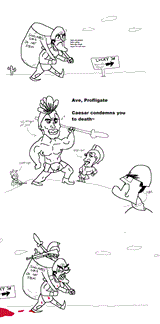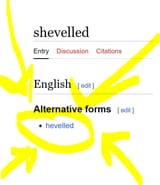>>715888583
Not that specifically, it's because they broaden their scope of compassion. Individual humans can't do much without assistance. Thanks to working together, we can milk each other for our best traits and create a greater system that elevates our standard of living. That's society and it works similar to how the individual cells in your body work together to keep you alive. But every individual you cooperate with is going to come with advantages and disadvantages, just like how people will judge that certain characters in an RPG are better or worse to fill your party with. However, a term like "advanced civilization" is relative: it refers to how advanced your group is compared to others. This means that the people in question, the people standing on top of the world, have only people worse than them to cooperate with, which means the odds of coopering with them being fruitful is less and less likely the more you extend your range of cooperation. So that advanced civilization in the past became an advanced civilization because of the good people in it, then they spread their network of cooperation and laws of equality and justice to bad people, then to outsiders, from foreign humans, to animals, to trees, to rocks. In the past, your neighbor's life would be significantly more valuable to you than the life of someone from a foreign tribe - you would say this without controversy, everyone would nod and laugh as if it were obvious. Today, you're considered an evil person if you treat your neighbor better than a dog who lives on the other side of the planet, even though in terms of the quality of your civilization, you should absolutely treat your neighbor better because he really is more valuable economically if nothing else. Eventually people reach the point if wondering if their own life is more valuable than a rock, which is how people lead to the conclusion that the planet is better without anyone on it, because rocks have equal rights.





































